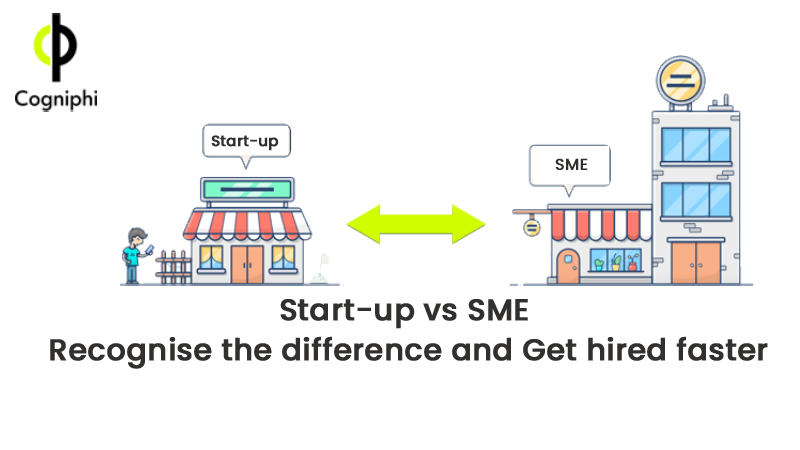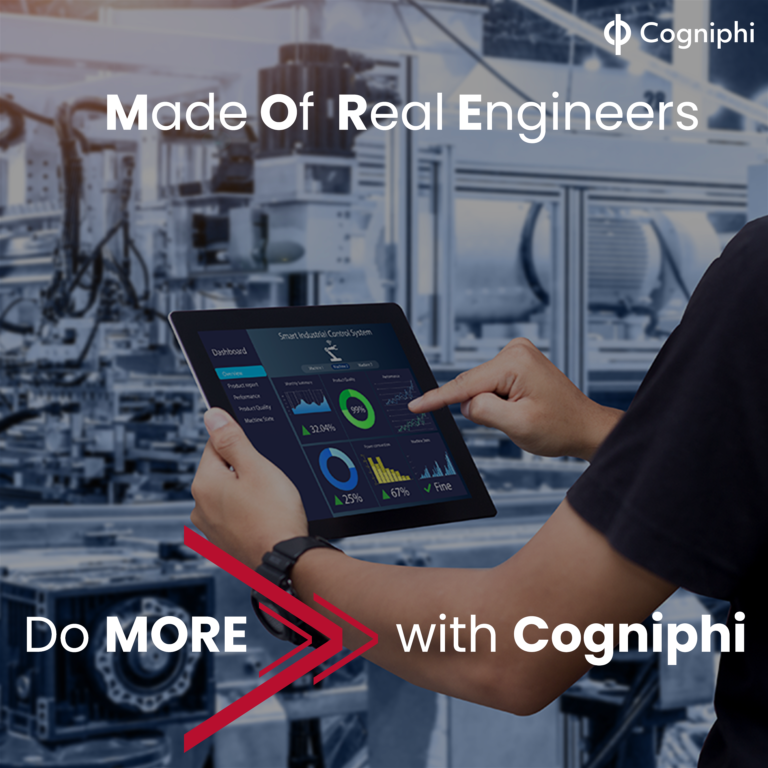So, you are looking for a job at a start-up, are you? Well, then it will do you good to understand the difference between a Start-up and just another small business, and also appreciate the nuances behind the recruitment strategies of a Start-up. Get a few tips too at the end of it all.
Why is a startup not just another SME (small medium enterprise)?
The typical SME is a business concern started primarily for earning a profit. It typically runs on its own steam and is focused on business at hand, how to increase revenues and turnover, how to cut leakages and increase profits, and how to increase efficiency. Strategies are based on market requirements and number of customers.
A start-up, on the other hand, has a different mindset altogether. It’s trying to create a new world with an idea or a succession of ideas. The focus is on innovation, creating value out of the idea, value for the promoters, for the employees, for the investment partners and shareholders, for its collaborators and partners, and for its customers.
And it is not any incremental value jump that a start-up is aiming at. The start-up strongly believes that the world will gain exponentially when the idea is fully baked. And the founder is fully aware that the baking will require tons of dedication and a committed way of life devoted to the idea.
The act of sourcing talent for a Start-up
Start-ups differ most from SMEs in the personnel front. Since it generally embodies a new business idea it requires multiple hands and minds working to develop it. The usual start-up is one where a number of heads do their thing simultaneously. That is also one reason why Building the Team is the most important task at the beginning of the Start-up’s life cycle.
Building a talent pipeline is critical for the company during these early days. And, to this end, creating a compelling employer brand and projecting a modern corporate culture help to yield top candidates. A start-up HR has the opportunity to craft the company story and build processes from scratch. Start-ups are also known to leverage unique sourcing strategies, particularly if they have support of large private equity partners or venture capitalists.
The recruiter for a start-up is generally on the look-out for versatile people since, in a small office, all hands on deck is a daily event. Hence, someone with a varied skill-set and who can be a team player will be in great demand. In the start-up environment one certainly gets to know everyone else well and definitely needs to learn to work with everyone quickly.
Tips for the Start-up Job applicant
Tip 1 is that the Recruiter is actually on a sales mission. He is not just trying to match CVs with profiles, but also to project the company in the right manner. He is more likely to be looking for flashes of brilliant thinking, drive and a positive attitude, and for people who fit in with the company’s culture.
Tip 2 is to demonstrate that you possess adequate communication skills and ease of working with others in a team. If you have genuine stories of how you have solved problems in business or real life, nothing like it.
Tip 3 is to be ready to make a pitch. The start-up recruiter is bound to ask the candidate to make his own sales pitch to determine the extent of passion and ideas in him, which often also reveals if he is a right fit or not. Convey your passion, motivation and convictions precisely. It’s very likely that the pitch can make it swing either way.
Tip 4 is to be Aware and Visible. Awareness is about the company, its product or mission, its culture and the industry in general. Visibility is about yourself, your LinkedIn profile and your online presence. Your professional connections and endorsements of your skills by others will count very much.
Tip 5 is to remember to be respectfully curious. You are interviewing the company as much as they are interviewing you, but do not make assumptions. Ask questions with a genuine interest to know more.
And, finally, Don’t pretend to be someone you’re Not.








